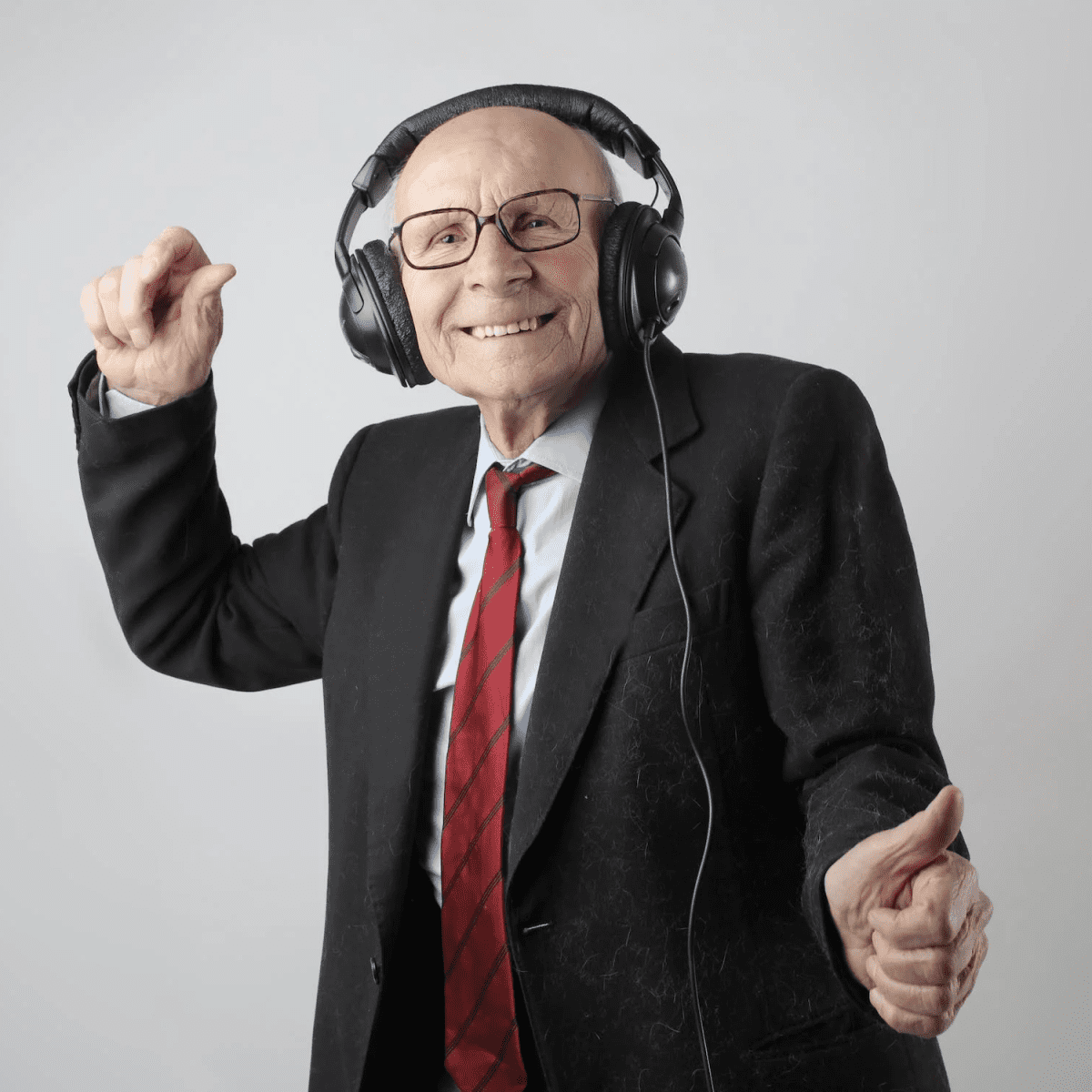Music can be a potent medium as well as an integral portion of our everyday lives. Music enters, from advertisements to anthems, from nursery rhymes to the self-repeating jingles we use like a memory device.
Within your teen years, lots of your friends likely listened to precisely the same, or similar, music and artists. Shared music can create a communal feeling and togetherness, potentially introducing that you people you’ll have not met.

One among music’s main benefits is combining people who may well not otherwise know each other. For parents or grandparents who cannot communicate as effectively due to medical or language barriers, songs, melodies, and sounds will bring unity without making use of words.
Sometimes, culture could possibly get lost between generations, especially if languages aren’t passed on. Music can connect the older and younger generations which help preserve culture, being a parent or grandparents often share cultural traditions and stories through songs or teaching instruments.
Encourages exercise and physical health
Once they hear a fantastic beat, a lot of people can’t help but move somewhat – even when they “can’t dance.” Whether your loved one is often in the gym, loves to carry on walks, or just would rather dance, music is a good supply of them through to their feet.
Exercise is fundamental to the kitchen connoisseur because it strengthens muscle tissue and bones, cuts down on the chance of disease and illness, and improves overall mobility and excellence of life. Many people aren’t partial to the fitness center, but that’s not the only method to exercise! A great song will get your heart pumping as well as your body moving.
Can improve mental health
Music can drastically affect our feelings assuring of mind. They have proven to reach deep emotional areas of the mind and evoke strong emotions. Happy, joyful music triggers our brain’s dopamine receptors, which results in mood boosts and a more positive outlook on life. On the other hand, sad music will hold the opposite effect.
Your emotions will more than likely do the same based on the type of music you listen to. By way of example, when coming to the gym, athletes often play hype music to enable them to push because of their best, and composers use intense music to trigger fear, surprise, and suspense in film scores.
Music may help those that suffer from anxiety or depression by calming and reducing those feelings. Some therapists use music to explore emotions individuals don’t necessarily hold the words to state.
The most beneficial songs for seniors are the ones which means that something for them. Ask your beloved regarding favourite songs, or introduce these phones new things!
It improves concentration and concentrate.
Playing a device is a great way to build concentration while keeping focused. Brand new skills require steady attention and perseverance to perfect. Research has shown that learning a device strengthens the grey matter in the brain, fosters more communication involving the right and left sides of the brain, and improves overall cognitive ability.
Because of this, individuals who play instruments have better concentration, memory, fine motor skills, and overall brain strength. This truth remains true even though you started learning as an adult.
In case your beloved has always wanted to learn to play music, encourage them to do this. Besides learning a musical instrument improve cognitive function, but it’s also fun! It could introduce new friends and new experiences.
Music is attached to memory.
Sound is a close second to smell in terms of essentially the most memory-linked senses. Music carries a distinct means of triggering our memory, as certain sounds and songs often point out memorable moments we keep near to our hearts. They could help bring us back to the places we’ve been and help us can remember the people we knew.
Therapists often recommend or integrate music therapy for all those with Alzheimer’s or dementia. Inspite of the condition, music often revives memories that might otherwise be forgotten. For musicians especially, there has been many cases where muscle memory takes over, and in spite of dementia, they could play and improvise songs perfectly.
However, the most typical using tunes and melodies is to ease the anxiety and depression that will with all the diagnosis and continuing development of dementia. Experts say the best music for seniors with dementia is familiar, calming or happy.
Even if your parent or grandparent doesn’t have dementia, music can revive fond memories and transport it to “the good ol’ days.”
To stimulate diet and weight loss, a number of locations have music programs to supplement our memory care program and improve our residents’ quality of life. For example, our Seasons Amherstburg location hosts weekly music days where our staff connect with residents to help them feel looked after and included.
Tips on how to strengthen your cherished one incorporate music in life
Seeing that you’re familiar with many of the advantages of music, here are a few ways for you to integrate the advantage of music into your parent or grandparent’s way of life:
Curate a playlist on the CD or a music-playing website (i.e., YouTube, Spotify, etc.).
Find live music in your area. (i.e., A jazz bar, a school band or possibly a musical theatre show).
Introduce them to a music streaming platform and make them learn how to use it to locate their favourite songs.
Recommend music therapy.
Cause them to learn a musical instrument, sing or dance.
Cause them to enroll in a dance class or choir group in a community centre or church.
Conclusion
Music can be a beautiful method to express things that cannot be expressed through words. Hence, it becomes an excellent opportinity for seniors to relieve stress, boost their mood, and grow their overall outlook on life.
For more information about retirement songs check the best web portal
